Busy Plugin Developers Newsletter – Q1 2025
⭐️ Marketplace updates Option to Cancel Continuity Discounts JetBrains Marketplace now allows plugin authors to cancel continuity discounts for paid plugins. This can be done easily from the Sales tab, with the option to set a specific end date. Customers with active subscriptions for existing plugins will still benefit from the discount, while for new […]
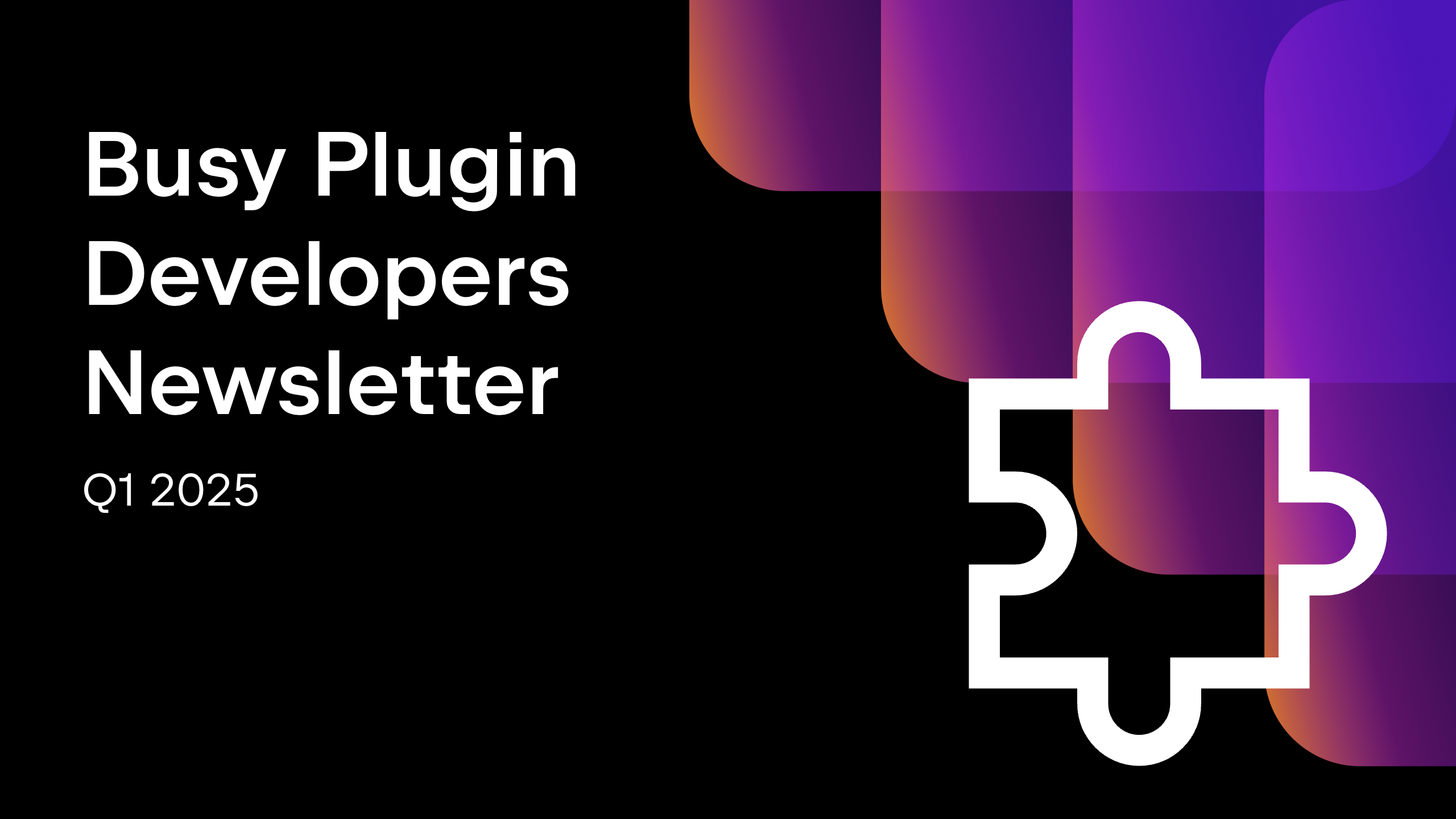
⭐️ Marketplace updates
Option to Cancel Continuity Discounts
JetBrains Marketplace now allows plugin authors to cancel continuity discounts for paid plugins. This can be done easily from the Sales tab, with the option to set a specific end date. Customers with active subscriptions for existing plugins will still benefit from the discount, while for new plugins, continuity discounts are now disabled by default. Find more details in our blog post.
DSA Transparency Report Now Available
You can now get insights into our content moderation activities with the annual Digital Services Act (DSA) Transparency Report. The report covers:
- Amount and nature of notices received by JetBrains.
- The volume and types of content restricted.
- Actions taken in response to reported violations.
Find the report here.
⭐️ Plugin development tooling updates
IntelliJ Platform Plugin Template 2.1.0
The IntelliJ Platform Plugin Template is a repository that simplifies the initial stages of plugin development for IntelliJ-based IDEs.
This release includes new example code, dependency upgrades, and general clean-up. It updates the platform version (2024.2.5), switches to JVM 21, and upgrades the Gradle Wrapper to 8.13. Several outdated components and redundant configurations were removed, and GitHub Actions workflows were improved for better reliability.
Check the release notes for the full list of changes.
⭐️ Useful resources
Integration Tests Blog Series
Following the enthusiastic response to our Plugin Testing: Performance, UI, and Functional Testing session at JetBrains Plugin Developer Conf 2024, we launched a blog series that takes a deeper dive into plugin testing strategies.
The first post walks you through setting up your testing environment and writing your first integration test. The second explores interacting with UI elements, while the third focuses on using your plugin’s API in tests to reduce UI overhead and streamline execution. Two more posts are on the way!
The series is also available in the documentation.
Coroutines on EDT and Locks
This new article explores the use of Kotlin coroutines in the context of the IntelliJ Platform, with a focus on threading and locking behavior on the Event Dispatch Thread (EDT). It explains common warning messages, the reasons behind them, and how upcoming changes will affect plugin development. The page also provides practical guidance on identifying when and how to apply explicit locking using the appropriate APIs, helping developers ensure their code remains safe and future-proof.
Execution Contexts
This page has been updated with new information about execution contexts available since IntelliJ Platform 2024.2. It introduces the Coroutine Execution Context as the alternative to the now-obsolete Progress Indicator approach, highlighting its advantages for running background tasks and supporting cancellation and progress tracking. The update also clarifies platform version differences and outlines recommended APIs for cancellation checks, progress reporting, and context switching.
Livestream Recording: Essential Tools for JetBrains IDE Plugin Development
In our recent livestream, IntelliJ Platform Developer Advocates Yann Cébron and Jakub Chrzanowski explored some of the most useful tools for developing plugins for JetBrains IDEs. They demonstrated how Plugin DevKit, PsiViewer, Index Viewer, and UI Inspector can optimize your workflow and streamline the plugin development process.
Watch the recording or check out the key takeaways in our blog post.
Behind the Scenes of Creating a Plugin for JetBrains IDEs
Dmitry Protsenko shares his journey of developing a Docker linter plugin as a pet project to improve the security and maintainability of Dockerfiles. From deep PSI integration to testing, publishing, and promoting the plugin, Dmitry walks through the technical and personal lessons learned along the way. Read the full story in his article.
⭐️ Community highlights
Join Our New Community Space on Discourse
In February, we launched a new, unified space for plugin developers to connect, collaborate, and grow together. Powered by Discourse, it brings searchable forums and real-time chat into one platform, replacing our previous support forum and Slack workspace. You’ll find JetBrains experts and fellow developers ready to offer support, share insights, and exchange feedback.
Check out our blog post to learn how to get started — or jump right in at platform.jetbrains.com.











































































































































































![[The AI Show Episode 144]: ChatGPT’s New Memory, Shopify CEO’s Leaked “AI First” Memo, Google Cloud Next Releases, o3 and o4-mini Coming Soon & Llama 4’s Rocky Launch](https://www.marketingaiinstitute.com/hubfs/ep%20144%20cover.png)














































































































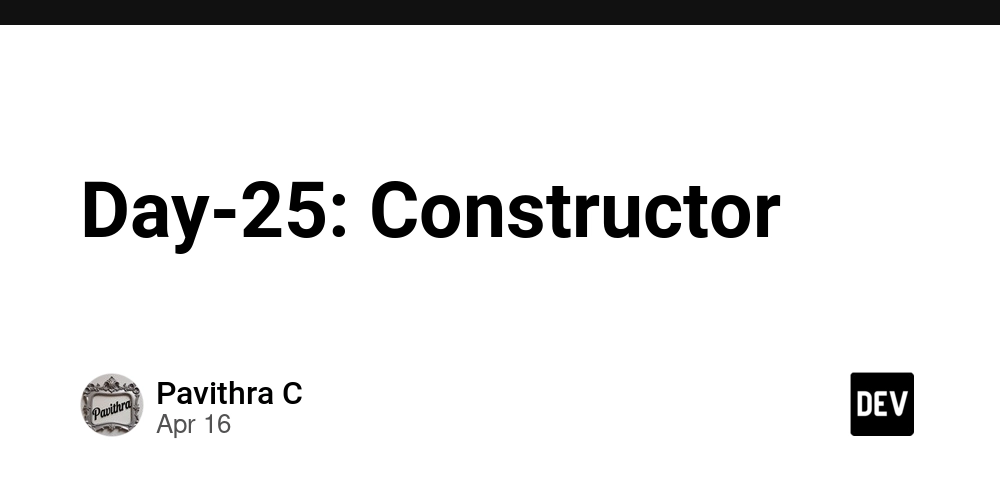

















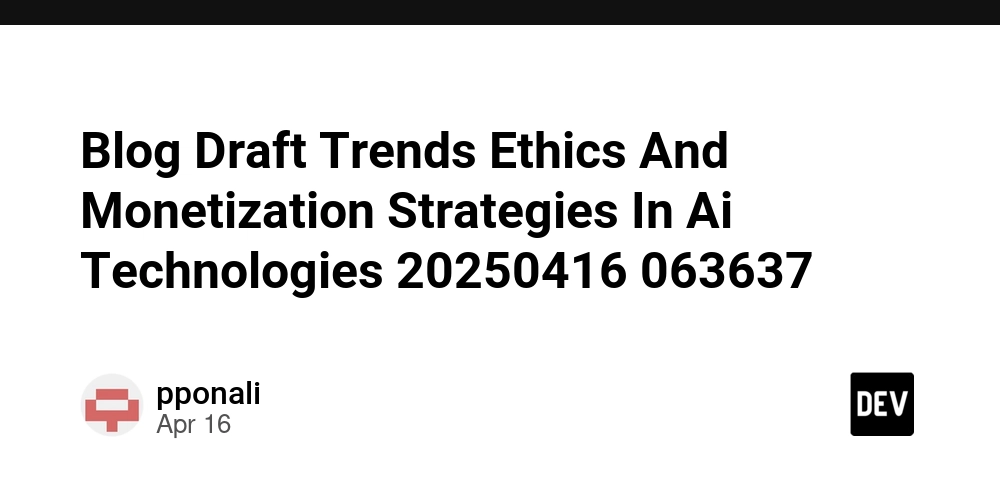














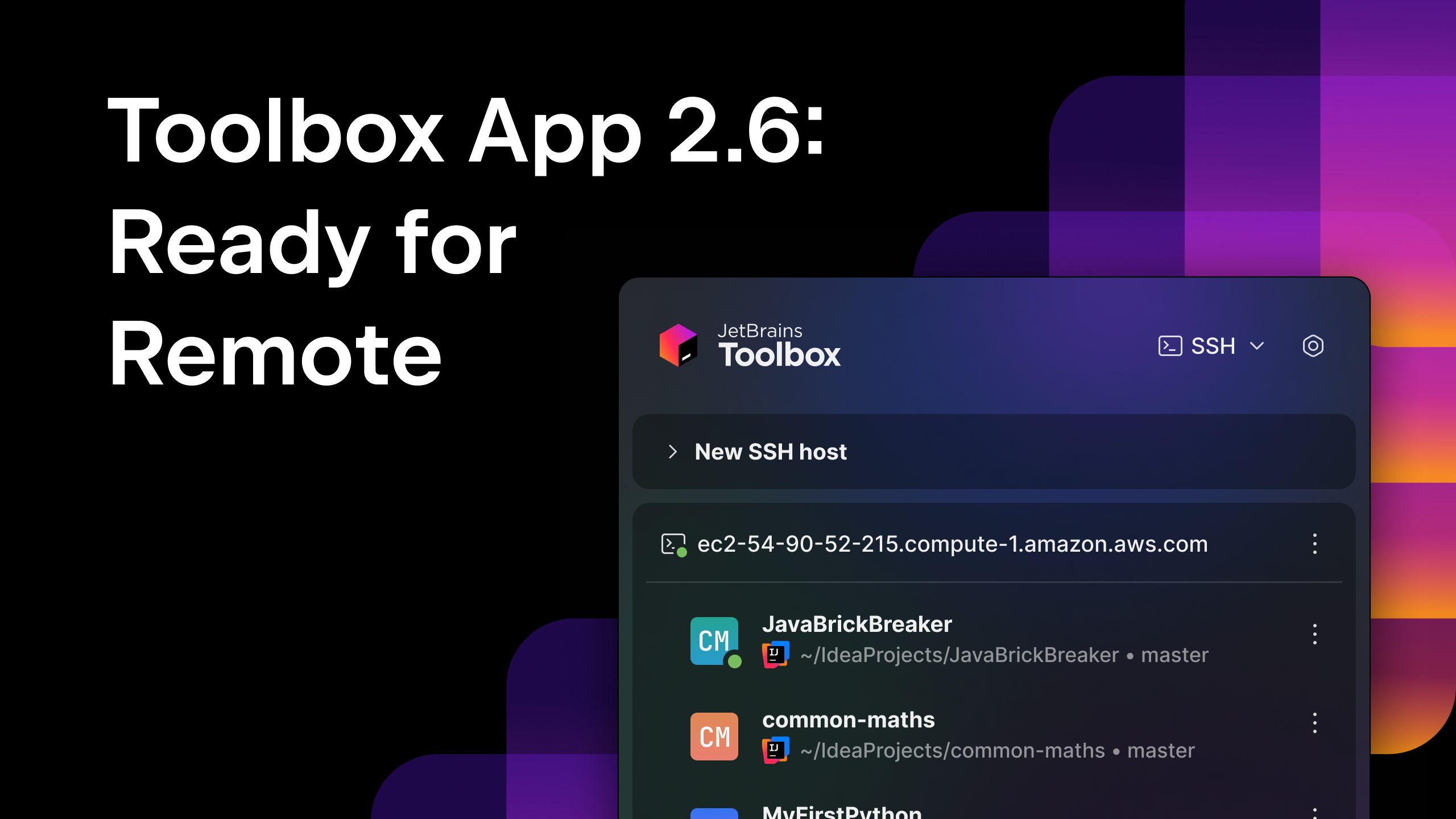






















































![Blue Archive tier list [April 2025]](https://media.pocketgamer.com/artwork/na-33404-1636469504/blue-archive-screenshot-2.jpg?#)































.png?#)









-Baldur’s-Gate-3-The-Final-Patch---An-Animated-Short-00-03-43.png?width=1920&height=1920&fit=bounds&quality=70&format=jpg&auto=webp#)
























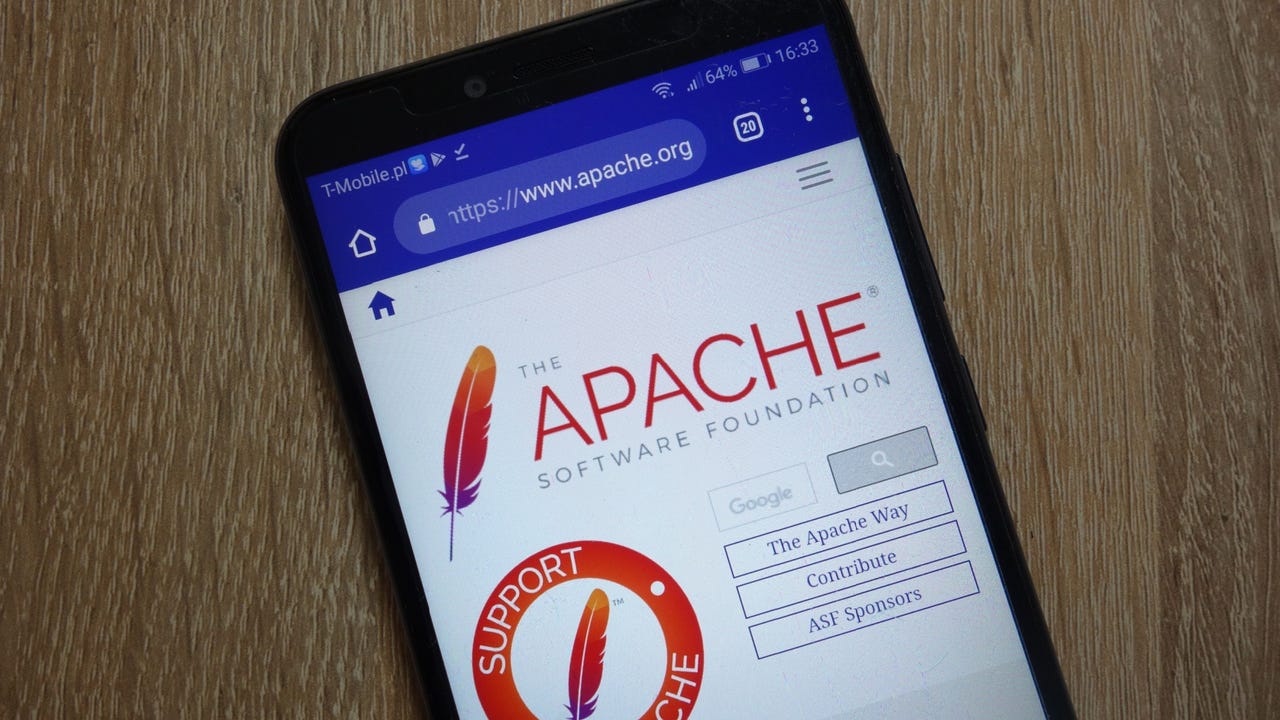




















































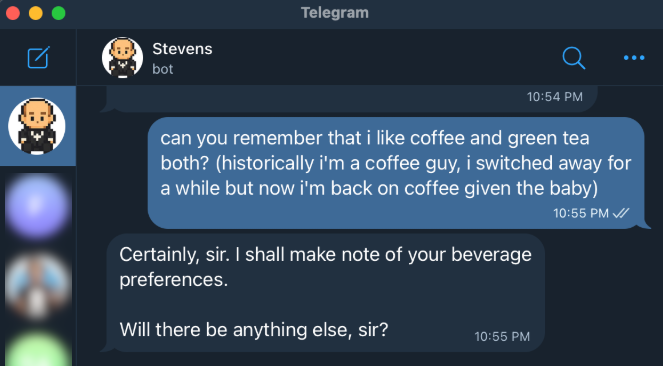

























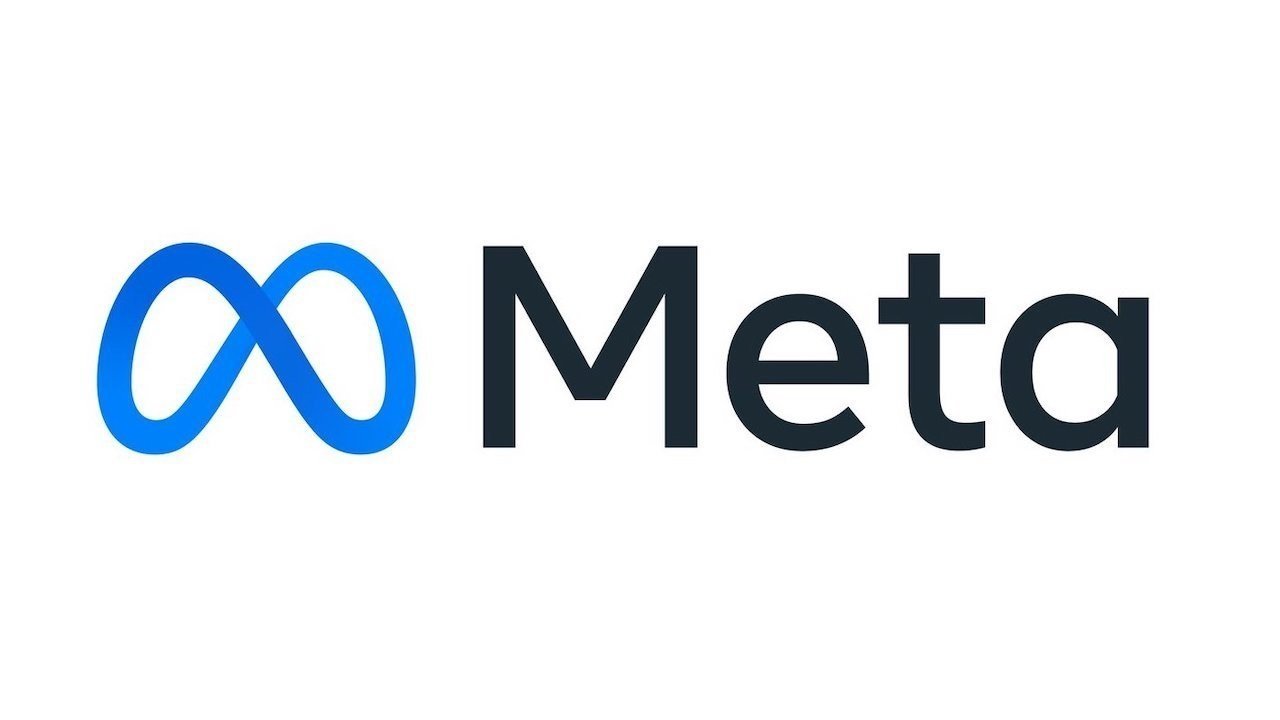




























![Nanoleaf Announces New Pegboard Desk Dock With Dual-Sided Lighting [Video]](https://www.iclarified.com/images/news/97030/97030/97030-640.jpg)

![Apple's Foldable iPhone May Cost Between $2100 and $2300 [Rumor]](https://www.iclarified.com/images/news/97028/97028/97028-640.jpg)
![Apple Releases Public Betas of iOS 18.5, iPadOS 18.5, macOS Sequoia 15.5 [Download]](https://www.iclarified.com/images/news/97024/97024/97024-640.jpg)




































































































































